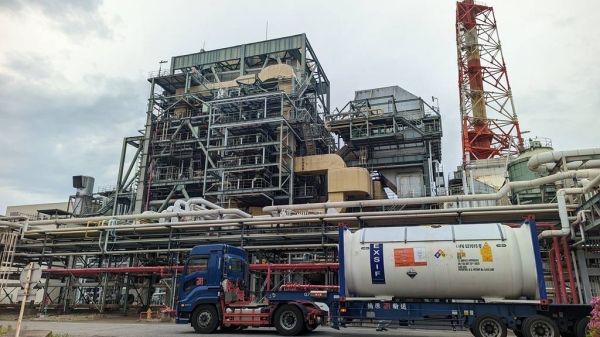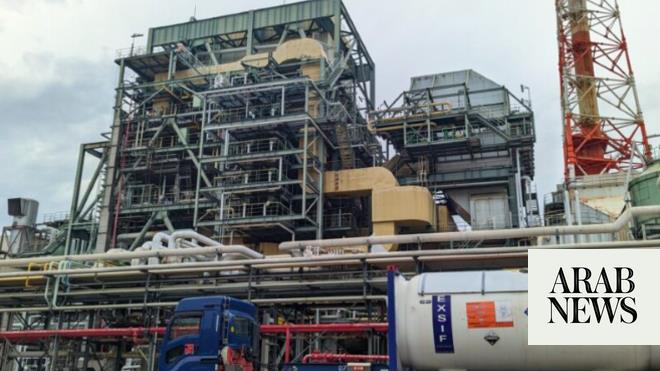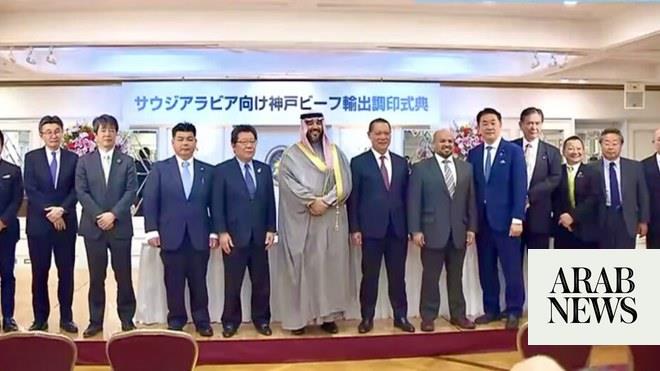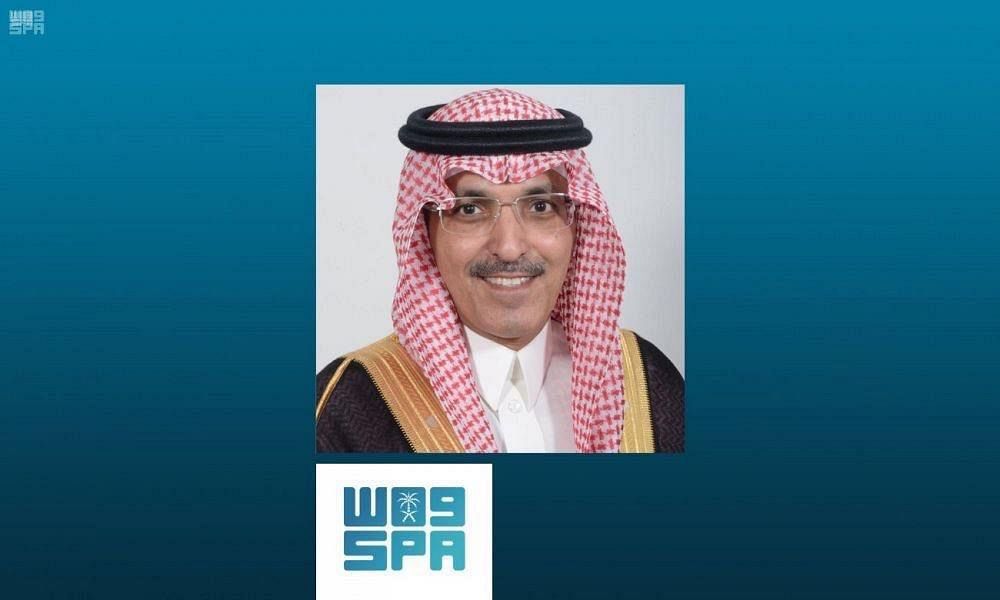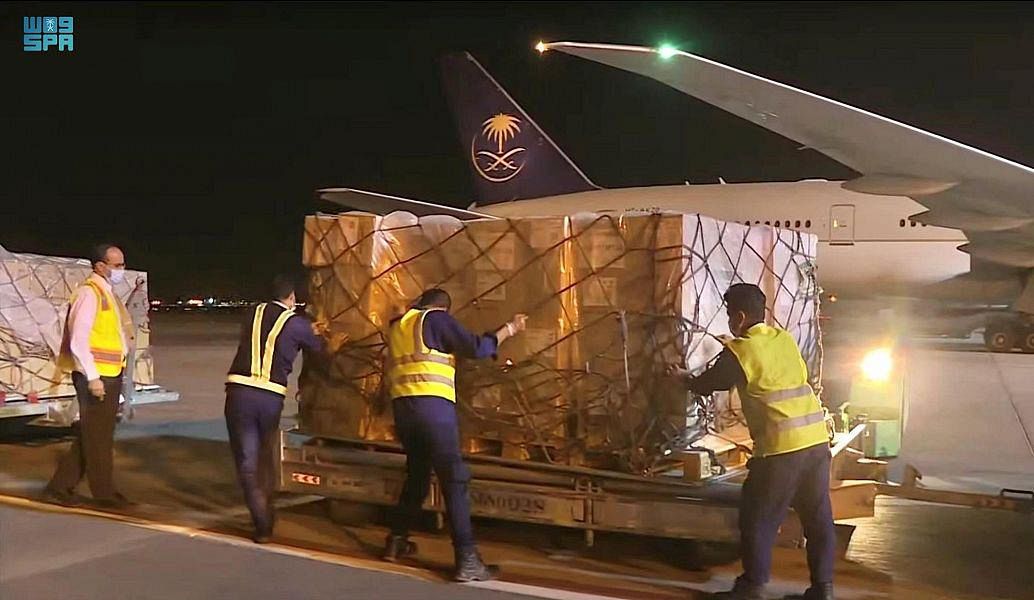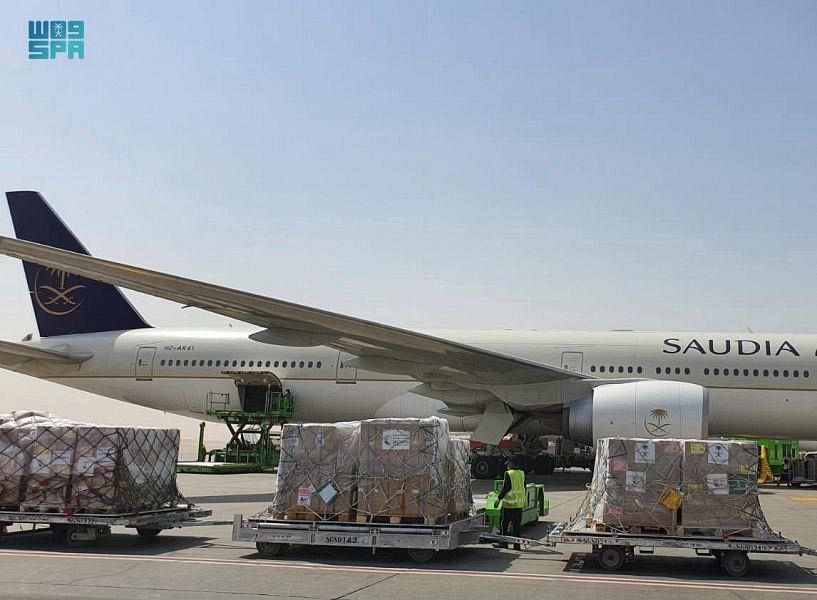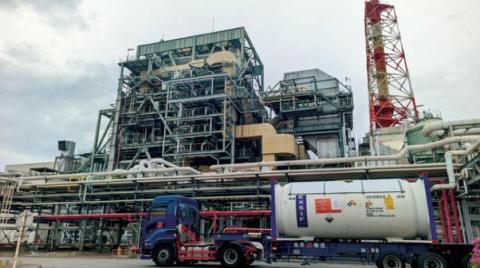
A joint statement issued on Thursday announced the arrival of the first shipment of low-carbon ammonia from Saudi Arabia to Japan, for use as fuel in power generation.
The shipment is the result of a successful collaboration across the low-carbon ammonia value chain. The ammonia was produced by Sabic Agri-Nutrients (Sabic AN) with feedstock from Aramco, and sold by Aramco Trading Company to the Fuji Oil Company (FOC).
Mitsui OSK Lines (MOL) handled the shipping of the liquid to Japan, then the low-carbon ammonia was transported to the Sodegaura Refinery for use in co-fired power generation, with technical support provided by Japan Oil Engineering Co (JOE).
The ammonia is categorized as low-carbon because CO2 from the associated manufacturing process was captured and utilized in downstream applications.
Japan’s Ministry of Economy, Trade and Industry has announced plans to gradually use ammonia as a fuel for power generation and for ship propulsion, as part of the country’s 2050 decarburization goals.
The shipment of low-carbon ammonia, which arrived in Japan, is part of a major effort by Saudi Aramco and SABIC Agri-Nutrients to establish a global supply network of this low-carbon fuel. The two companies are also preparing to supply low-carbon ammonia to meet the early demand needs of other customers.
Olivier Thorel, Aramco Senior Vice President of Chemicals, said: “This is another milestone that highlights the possibilities for low-carbon hydrogen and ammonia made from Aramco feedstock, with the potential to play a role in a lower-carbon future.”
He added: “Not only is low-carbon ammonia a means to transport lower-carbon hydrogen, it is an important energy source in its own right that can help decarbonize key sectors – including power generation for both utilities and industries. By dispatching this accredited low-carbon ammonia to Japan, we are helping chart a course for the development of this vital commodity.”
For his part, Abdulrahman Shamsaddin, Sabic AN CEO, noted in the same statement: “Our aim is to capitalize on this important milestone to grow and expand our positive contribution toward carbon neutrality. Sabic Agri-Nutrients made a public commitment not only to become carbon neutral by 2050 but also to collaborate with customers to help them achieve their net-zero emission targets.”
Shigeto Yamamoto, FOC representative director and president, said: “As Japan aims to achieve carbon neutrality by 2050, low-carbon ammonia is expected to be a next-generation fuel that can contribute to the reduction of CO2 emissions.”
“Ammonia is expected to be in great demand as a next-generation, clean energy source. Japan aims to achieve a carbon-neutral society by 2050, and we are very pleased to transport independently-certified low-carbon ammonia from Saudi Arabia to Japan,” said Toshiaki Tanaka, MOL representative director and executive vice president.




